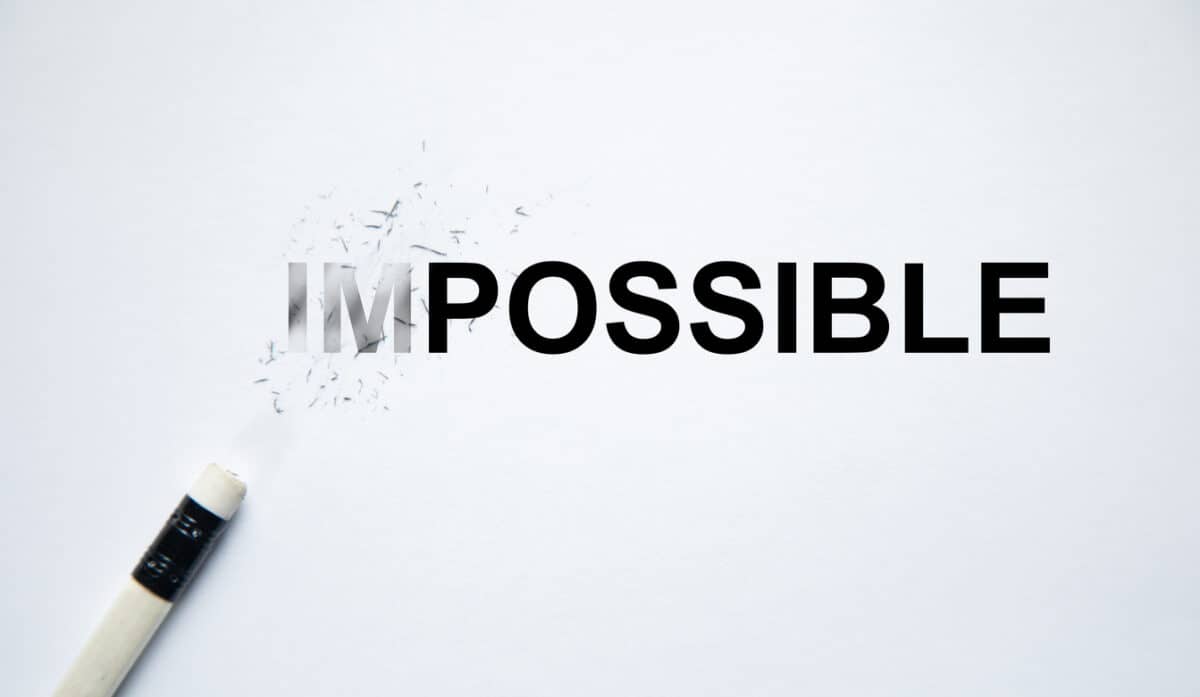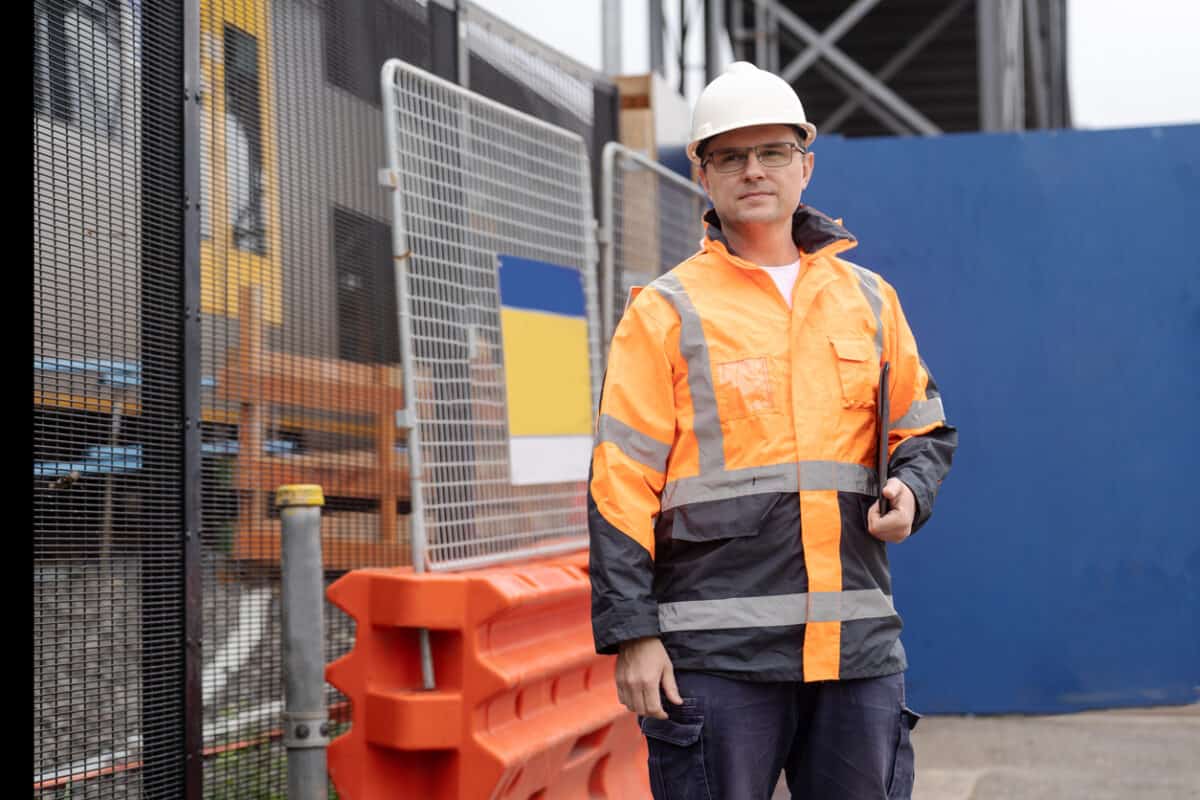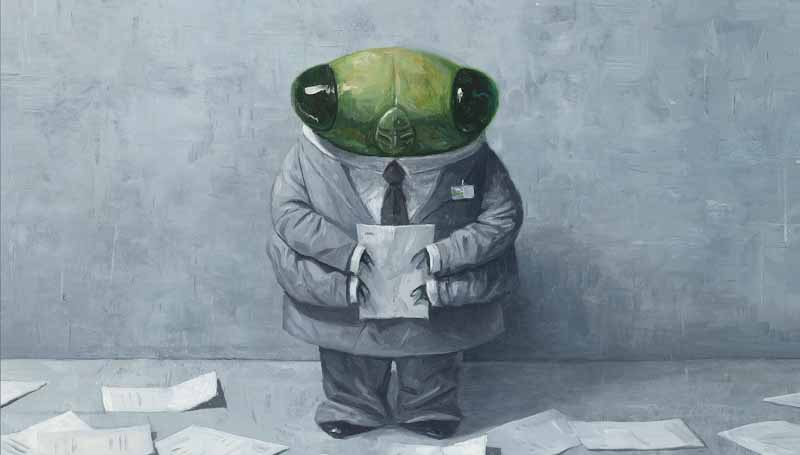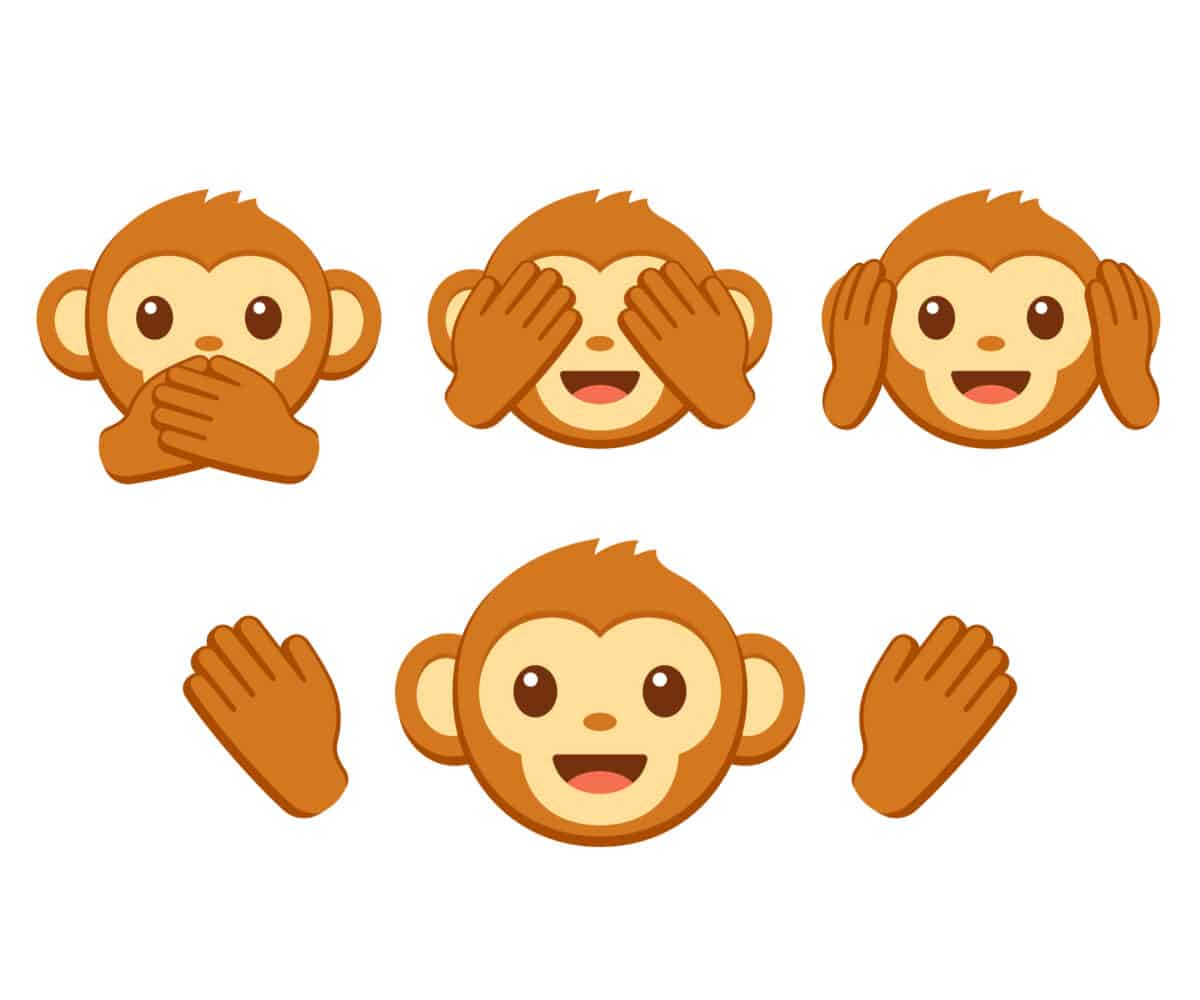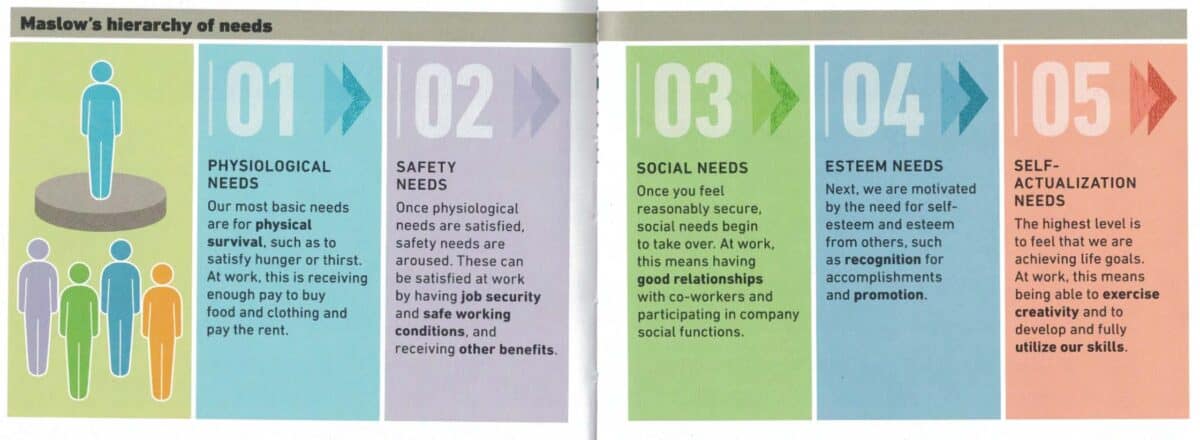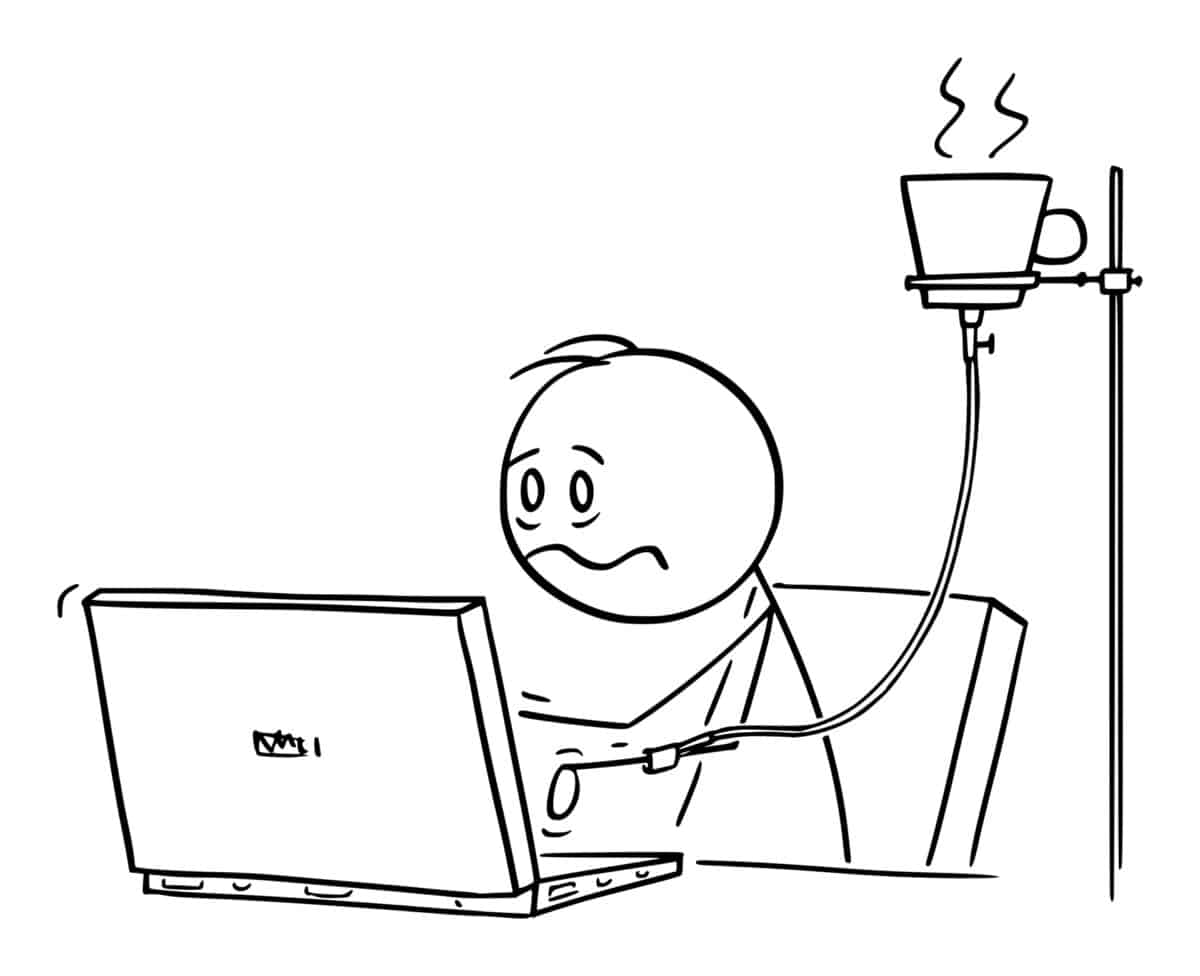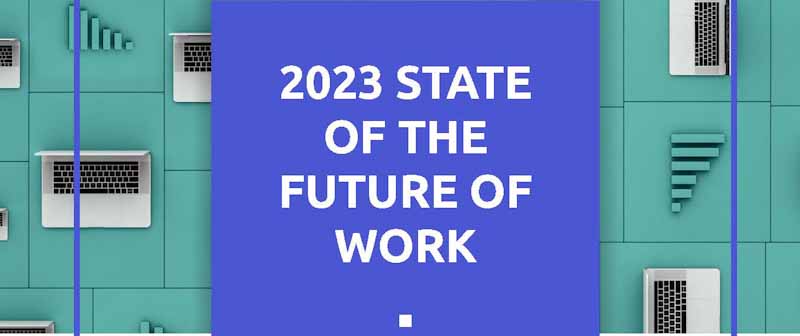This week the Victorian Government flagged changes to the workers’ compensation premiums and eligibility. This has generated outrage from business lobby groups and the trade unions, and as he is being criticised by both political extremes, Premier Dan Andrews believes his decision, i.e. being hated by everyone, is a winner.
The Age newspaper was one of the first to report (paywalled) on the announcement of these changes on May 19, 2023. Significantly it included a quote from Dr Mary Wyatt on the economic and social importance of injury prevention. Hers has been one of the few mentions of the role of good occupational health and safety (OHS) management.
Tip-Off Line Remember, if you have some OHS information that you want SafetyAtWorkBlog to investigate or that would be of interest to SafetyAtWorkBlog readers, please contact us on the anonymous-if-you-want tip-off line

